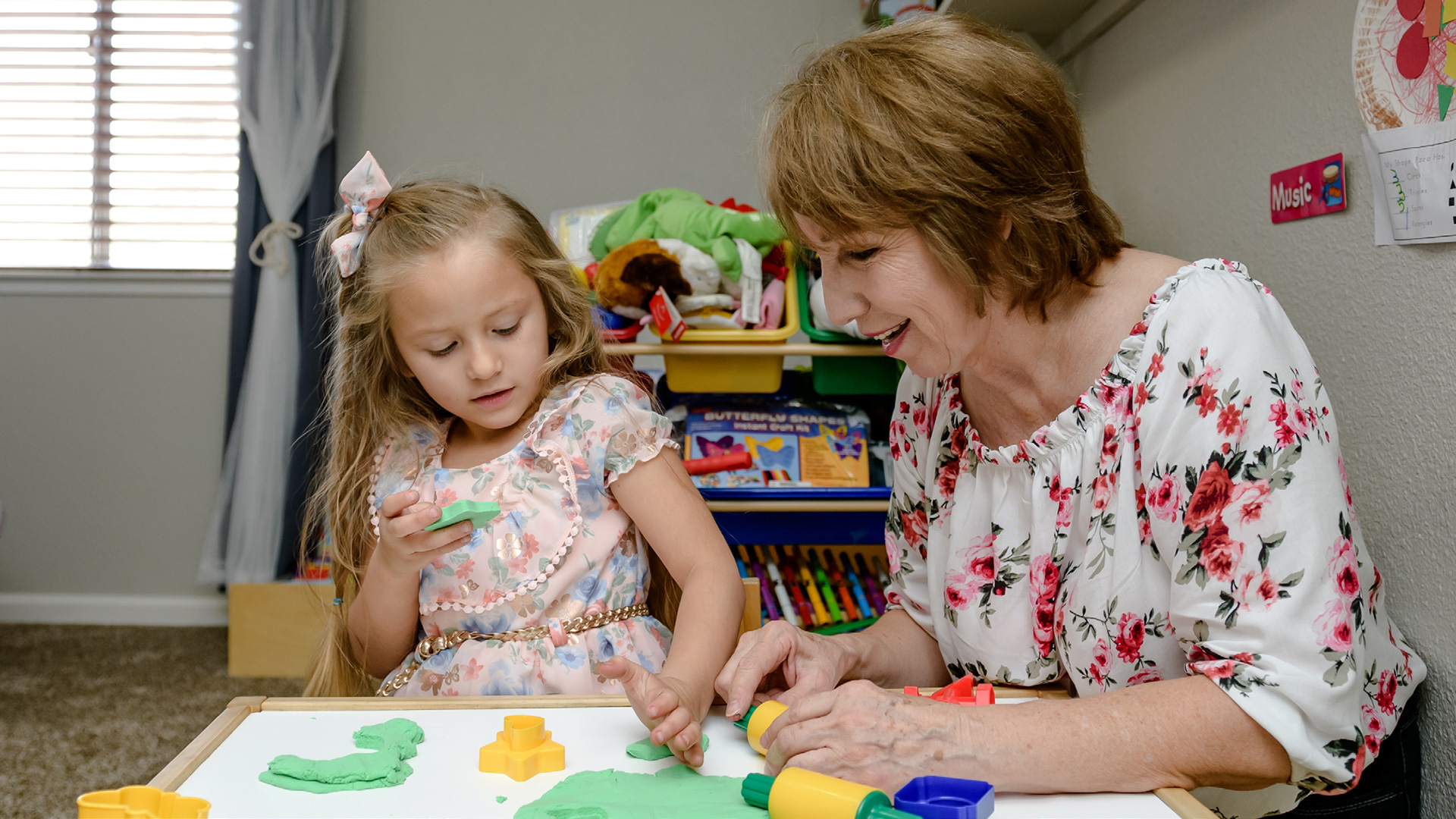Family, friend and neighbor child care (FFN)—child care that is offered informally in families and communities by trusted family members and friends—is a critical aspect of our child care system. Nearly 6.4 million children ages 0-5 receive care from about 5 million FFN caregivers, making FFN care the most prevalent form of non-parental child care in the United States. This is also the care option that demonstrated the most resilience during the pandemic, keeping essential workers on the job and our communities running.
Research shows that many FFN caregivers share the same attributes and intentionally engage in the same activities as other high-quality early learning and care programs. FFN caregivers meet a number of indicators associated with high quality child care, including:
- FFN caregivers are more likely than licensed home-based child care providers to hold a Bachelor’s degree;
- Have many years of experience (about 9 years, on average);
- Are motivated by a desire to help children and families;
- Care for children in very small groups with low adult to child ratios;
- Invest a significant amount of time planning child activities and communicating with families; and
- Spend a lot of time outdoors with young children.
This month, the Department of Defense (DoD) announced the expansion of its FFN program, Care in Your Home, that allows military personnel to use trusted family and friends to meet their child care needs. This program, initially piloted in five communities, will now be available in 11 military communities in the U.S., and “provides fee assistance for full-time, in-home child care providers.” The military child care system is considered by many the best child care system in the US and an exemplar of what our child care system nationally might ideally look like. By recognizing and compensating FFN caregivers in this high-quality system of well-funded center-based and licensed family child care options, the U.S. military acknowledges that families still want and need other child care choices, including family and friend care.
While federally-funded research and data recognize the importance of family, friend and neighbor care, federal child care policy largely ignores and fails to compensate FFN caregivers for most families who desire that care. The federal Department of Health and Human Services, Administration for Children and Families recently requested communities offer input to their plan to update the child care regulations. Introductory comments reflected a belief that families select unlisted or informal care when they cannot find or afford institutional or center-based child care, and that this care is of lower quality. Research demonstrates, and the DoD recognizes, that FFN care is quality care. Even when other options are available, families often still prefer FFN care. When we collectively recognize FFN care as a quality option that many families prefer, we can build programs and policies that support these caregivers and the children and families who rely on them.

Natalie Renew
Natalie Renew is the director of Home Grown, a national initiative committed to improving the quality of and access to home-based child care. She is an early childhood professional with more than 15 years of experience in the nonprofit and social service sector supporting children and families furthest from opportunity. Prior to joining Home Grown, Renew led the expansion of the early childhood education group at Public Health Management Corporation in Philadelphia. She has overseen the development of large programs, secured sustaining funding for major initiatives and supported local systems change in the early learning sector. Early in her career, she worked in child welfare and food access.



